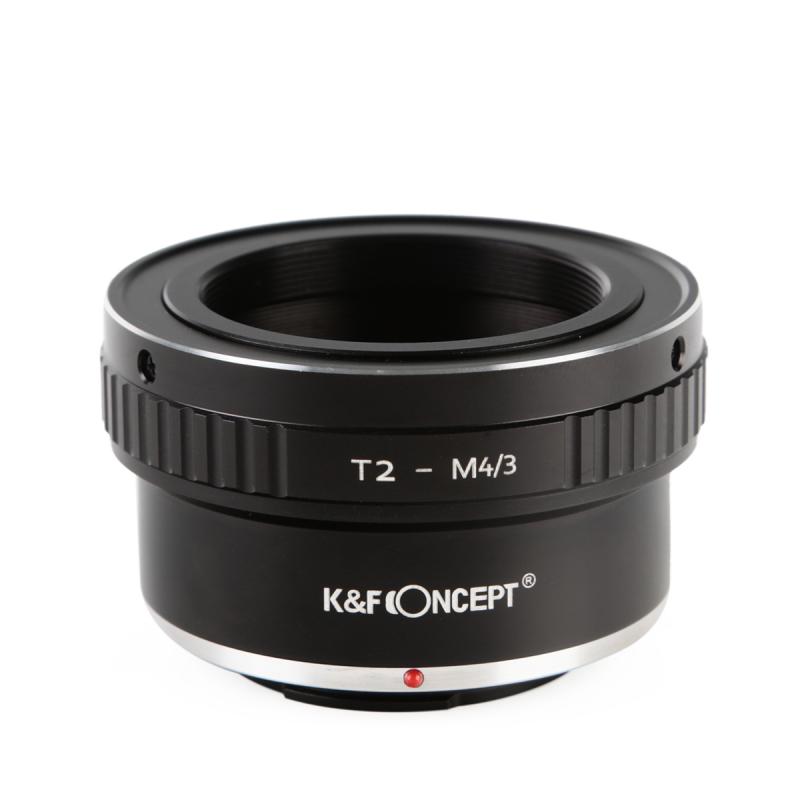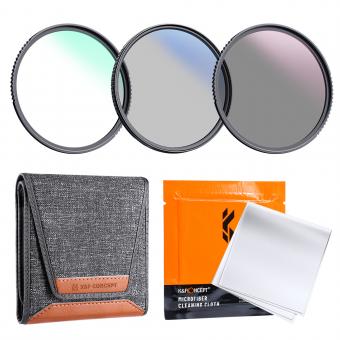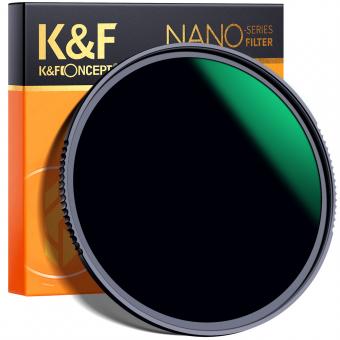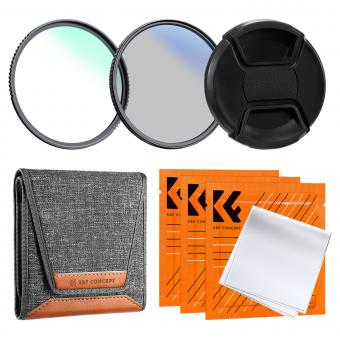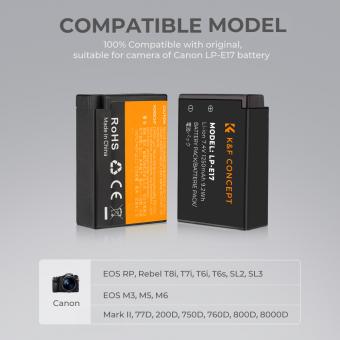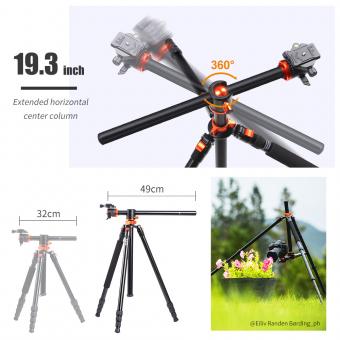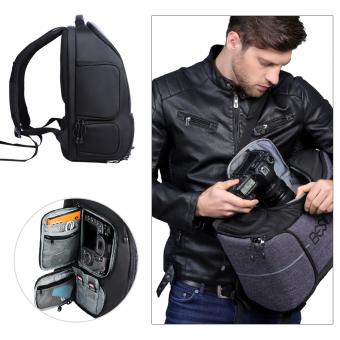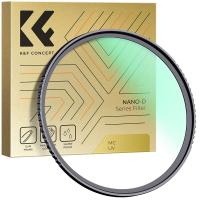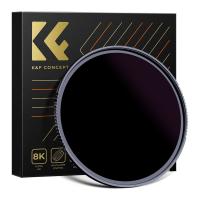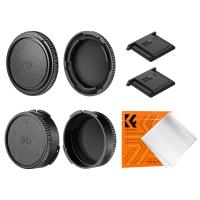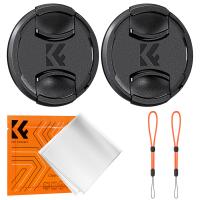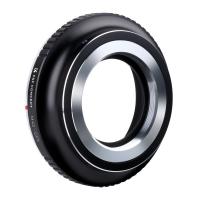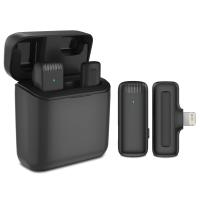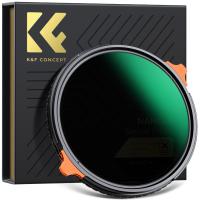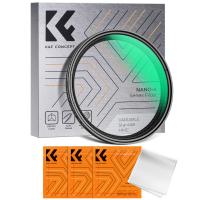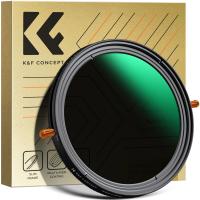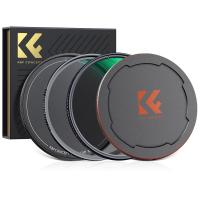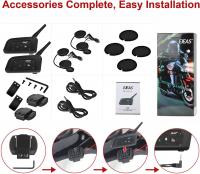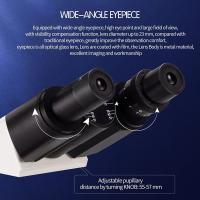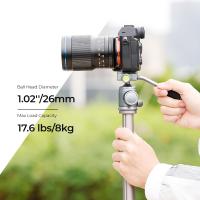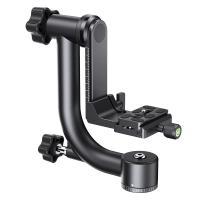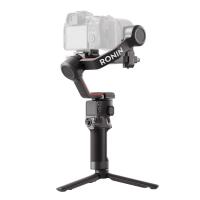What Lens Filter To Buy ?
The type of lens filter to buy depends on the specific needs of the photographer. Some common types of filters include UV filters, polarizing filters, neutral density filters, and color filters. UV filters are used to protect the lens from scratches and dust, while polarizing filters can reduce glare and improve color saturation. Neutral density filters are useful for reducing the amount of light that enters the lens, which can be helpful in bright conditions or when using slow shutter speeds. Color filters can be used to add or enhance certain colors in a photograph. It is important to choose a filter that is compatible with the lens size and thread size, and to consider the quality of the filter material to avoid any negative impact on image quality.
1、 UV filters for general protection
What lens filter to buy? For general protection, UV filters are a popular choice. These filters block ultraviolet light, which can cause hazy and blurry photos, especially in high-altitude and coastal areas. UV filters also protect the lens from scratches, dust, and moisture.
However, there is some debate among photographers about the necessity of UV filters. Some argue that modern lenses already have UV coatings, making the filter redundant. Others argue that the filter can actually degrade image quality by introducing unwanted reflections and reducing contrast.
Despite these arguments, many photographers still choose to use UV filters for peace of mind and added protection. If you do decide to use a UV filter, it's important to invest in a high-quality filter from a reputable brand to minimize any negative effects on image quality.
Ultimately, the decision to use a UV filter comes down to personal preference and shooting conditions. If you frequently shoot in bright, sunny environments or in areas with a lot of dust and debris, a UV filter may be a worthwhile investment. However, if you primarily shoot in controlled environments and take good care of your gear, a UV filter may not be necessary.
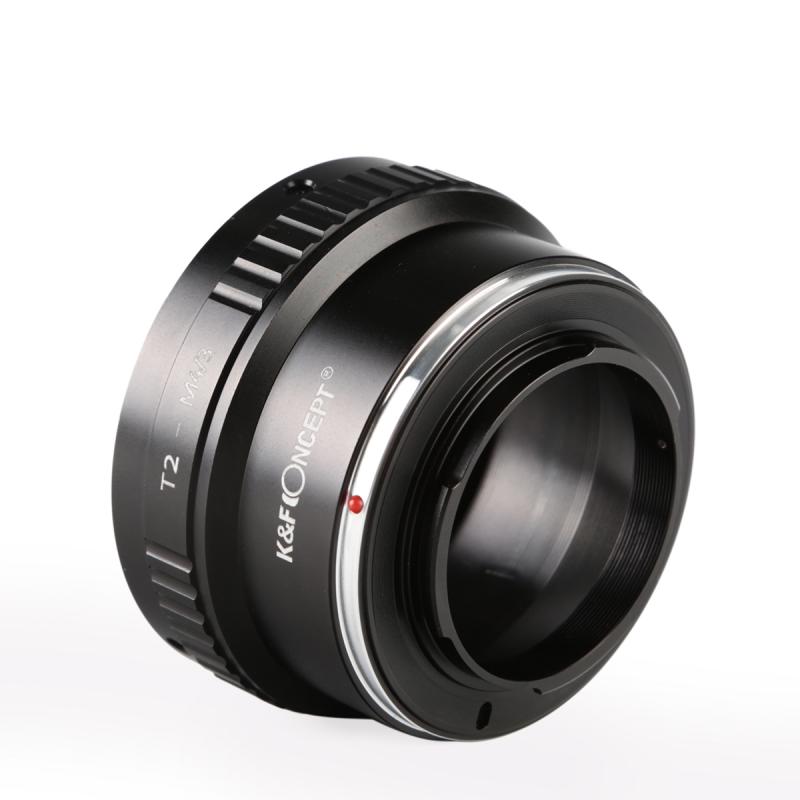
2、 Polarizing filters for reducing glare and enhancing colors
What lens filter to buy? If you're looking to enhance your outdoor photography, a polarizing filter is a great investment. These filters work by reducing glare and reflections on surfaces like water, glass, and foliage, resulting in more vibrant and saturated colors. They can also help to deepen the blue of the sky and make clouds pop.
When choosing a polarizing filter, it's important to consider the size and thread pitch of your lens to ensure compatibility. You'll also want to look for a high-quality filter with multi-coated glass to minimize reflections and maintain image sharpness.
One thing to keep in mind is that polarizing filters can also reduce the amount of light entering your lens, which can impact your exposure settings. However, this can be easily compensated for by adjusting your aperture or shutter speed.
It's worth noting that some photographers prefer to achieve similar effects through post-processing rather than using a filter. However, using a polarizing filter in-camera can save time and effort in post-production, and can also help to preserve the dynamic range of your images.
Overall, if you're looking to enhance your outdoor photography and reduce glare and reflections, a polarizing filter is a great investment. Just be sure to choose a high-quality filter that's compatible with your lens, and be prepared to adjust your exposure settings accordingly.
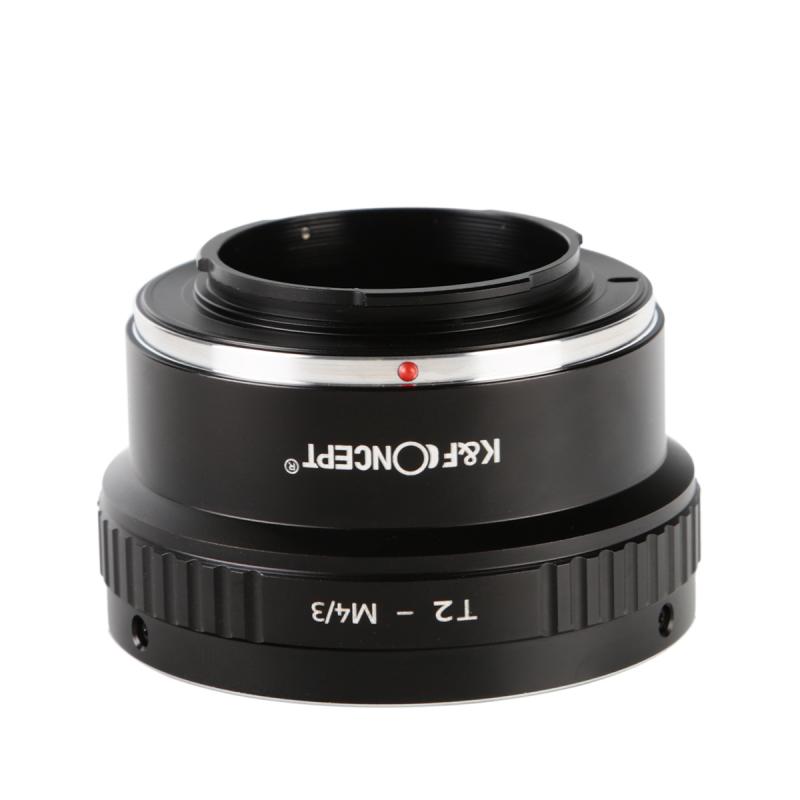
3、 Neutral density filters for controlling exposure in bright light
"What lens filter to buy?" If you're looking to control exposure in bright light, then neutral density filters are the way to go. These filters reduce the amount of light entering the lens without affecting the color or contrast of the image. This allows you to use slower shutter speeds or wider apertures in bright conditions, giving you more creative control over your shots.
Neutral density filters come in different strengths, measured in stops. A 1-stop filter reduces the light by half, while a 10-stop filter reduces it by a factor of 1,000. The strength you choose will depend on the conditions you're shooting in and the effect you want to achieve.
In recent years, there has been a growing trend towards using variable neutral density filters. These filters allow you to adjust the strength of the filter by rotating it, giving you more flexibility in changing light conditions. However, some photographers have reported issues with color cast and vignetting when using these filters, so it's important to choose a high-quality filter from a reputable brand.
Ultimately, the best neutral density filter for you will depend on your specific needs and preferences. Consider factors such as the strength of the filter, the size of your lens, and your budget when making your decision.
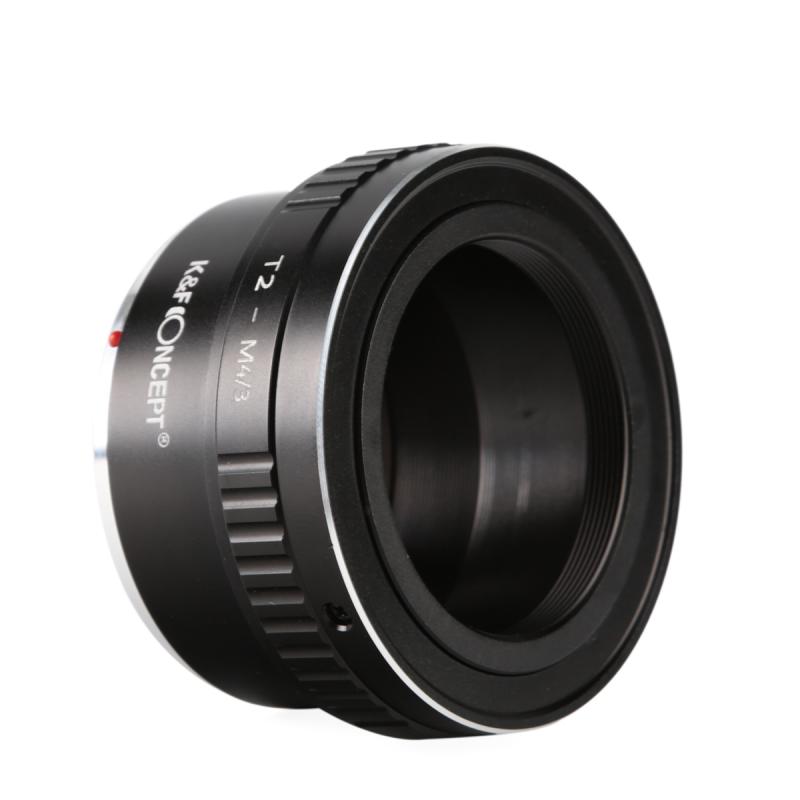
4、 Graduated neutral density filters for balancing exposure in landscapes
Graduated neutral density filters are a popular choice for landscape photographers who want to balance the exposure between the sky and the foreground. These filters are designed to darken the sky without affecting the exposure of the foreground, resulting in a more balanced and natural-looking image.
When it comes to choosing a graduated neutral density filter, there are a few things to consider. First, you'll want to decide on the strength of the filter. This will depend on the amount of contrast between the sky and the foreground in your scene. A stronger filter will be necessary for scenes with a high contrast, while a weaker filter may be sufficient for scenes with a more gradual transition.
Another consideration is the type of filter you want to use. There are two main types of graduated neutral density filters: hard-edge and soft-edge. Hard-edge filters have a sharp transition between the darkened and clear areas, while soft-edge filters have a more gradual transition. The type of filter you choose will depend on the specific scene you're photographing.
Finally, you'll want to choose a high-quality filter from a reputable manufacturer. Cheap filters can introduce unwanted color casts and reduce image sharpness, so it's worth investing in a good quality filter to ensure the best possible results.
In summary, if you're looking to balance exposure in your landscape photography, a graduated neutral density filter is a great tool to have in your kit. Consider the strength and type of filter you need, and invest in a high-quality filter from a reputable manufacturer for the best results.
